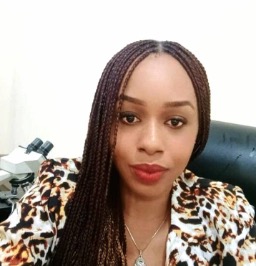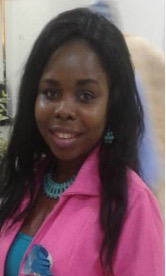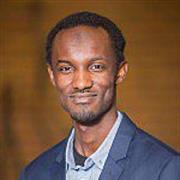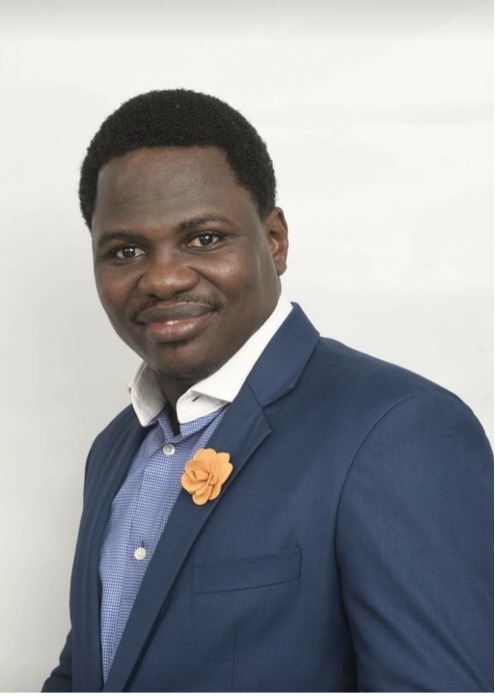Friday, March 15th, 2024
Event Description: Africa has been experiencing landmark developments in recent years in the field of brain research. International research collaborations are on the increase leading to establishment of a brain bank in Ibadan Nigeria. Activities of health practitioners, academics and researchers are becoming more visible through different associations such as the Society of Neuroscientists of Africa (SONA), Africa Global Mental Health Initiative (AGMHI) and other national and regional bodies. Third sector organisations such as TRenD, African Brain Data Network, etc support emerging scholars with periodic training to bridge knowledge gap and introduce modern techniques in brain research. This virtual event is designed to highlight activities of different stakeholders in supporting brain research on the continent. Young scholars also have the opportunity of being informed on prospects of neuroscience research on the continent, opportunities for collaboration, career development in the face of existing challenges.
Panelists

Assistant Prof. Damian Eke Okaibedi
Experienced Researcher with demonstrable knowledge and experience in Teaching in Higher Education. Skilled in critical research in Ethics and ICT, Information Systems, ICT4D, Societal Implications of AI, Data Governance policies and NeuroEthics. Prof. Eke worked on Governance structures and policies in the Human Brain Project – HBP at De Montfort University and is presently transitional Assistant Professor at the University of Nottingham. He is also the founder of African Brain Data Network.

Dr. Eberechi Wogu
Dr Eberechi is a Neuroscientist and currently serves as the Secretary of the Neuroscience Society of Nigeria (NSN). She is a lecturer at the department of Anatomy, University of Port Harcourt, Rivers State, Nigeria. Her research interest is on Cross-Cultural Neuroimaging studies, FAIR African brain data and Neuroethical issues in the Neuroscience research and innovation ecosystem. Since 2021, she has been leading the brain data collection efforts in Nigeria under the auspices of the African Brain Data Network. She is currently the Ethical African Ambassador for the Wellcome Trust Project titled the BRIDGE project. She is also the Nigerian Coordinator of African Brain Data Network (ABDN). She co-hosted the Kavli funded African Brain Data Science Academy 2023 in Lagos, Nigeria with Dr Damian Eke (Nottingham University,UK). She has been involved in organizing a local Neuroscience Conference (NSN, 2019), several Neuroscience public engagement activities and outreaches. She is also an editor of the NSN newsletter.

Dr. Tamuno-Olobo Johnbull
Senior Lecturer, Department of Human Anatomy, Faculty of Basic Medical Sciences, College of Health Sciences, Niger Delta University, Wilberforce Island, Bayelsa State, Nigeria
An excellent academician with research interest in clinical/radiological, and neuro-anatomy. Teaching Anatomy at University level for over 15 years to Medical, Anatomy, Pharmacy, Medical laboratory and Nursing students. Has a good track record of both teaching, administrative, and students’ advisory roles.
As a career Anatomist in the basic medical science with a PhD degree in Anatomy from the University of Port Harcourt, she has been involved in scientific research and has over fifteen scientific publications of diverse anatomical interest in reputable local and international journals.

Dr. Mahmoud Maina
Dr. Maina’s commitment extends beyond research; he is a strong advocate for scientific development in Africa. Over the past decade, he has founded multiple organizations to support this cause, mentored numerous students in the UK and Africa. This experience earned enables him to sit on multiple local and international committees and as an adviser for science to the government of Yobe State, through which he regularly advises various institutions and funders both within and beyond Africa. His contributions to science and diversity in neuroscience have been recognized with several awards, including the Royal Society of Biology Science Communication Award, the New England Biolabs Passion for Science Humanitarian Duty Award, and the ALBA-FKNE Diversity Prize. In 2020, he was honored with a special Global Talent UK Immigration Status endorsement from the Royal Society. Dr. Maina earned his BSc in Human Anatomy from the University of Maiduguri, Nigeria, in 2007, and furthered his education with an MSc in Cellular and Molecular Neuroscience from the University of Sussex, UK, in 2012. He then pursued a PhD in Neuroscience at the same university under Prof. Louise Serpell, where his research unveiled the localization of tau in the nucleolar remodeling complex in cultured cells and human brains, as well as its role in nucleolar transcription and stress response.

Oluyinka Oyeniji
Oluyinka O is in the last year of his PhD research. His focus is on charting neuroethics discourse from the African perspective. Prior to this time, he completed a master’s degree in science and technology Policy from the University of Sussex after two decades of law practise. He has co-authored publications on responsible innovation and ethics of artificial intelligence. His research is situated within the EU Human Brain Project. Lessons from the research has helped to open what ethical issues may arise also from international collaborations in deep cultural and heterogenous societies such as Africa.
Event Flyer

